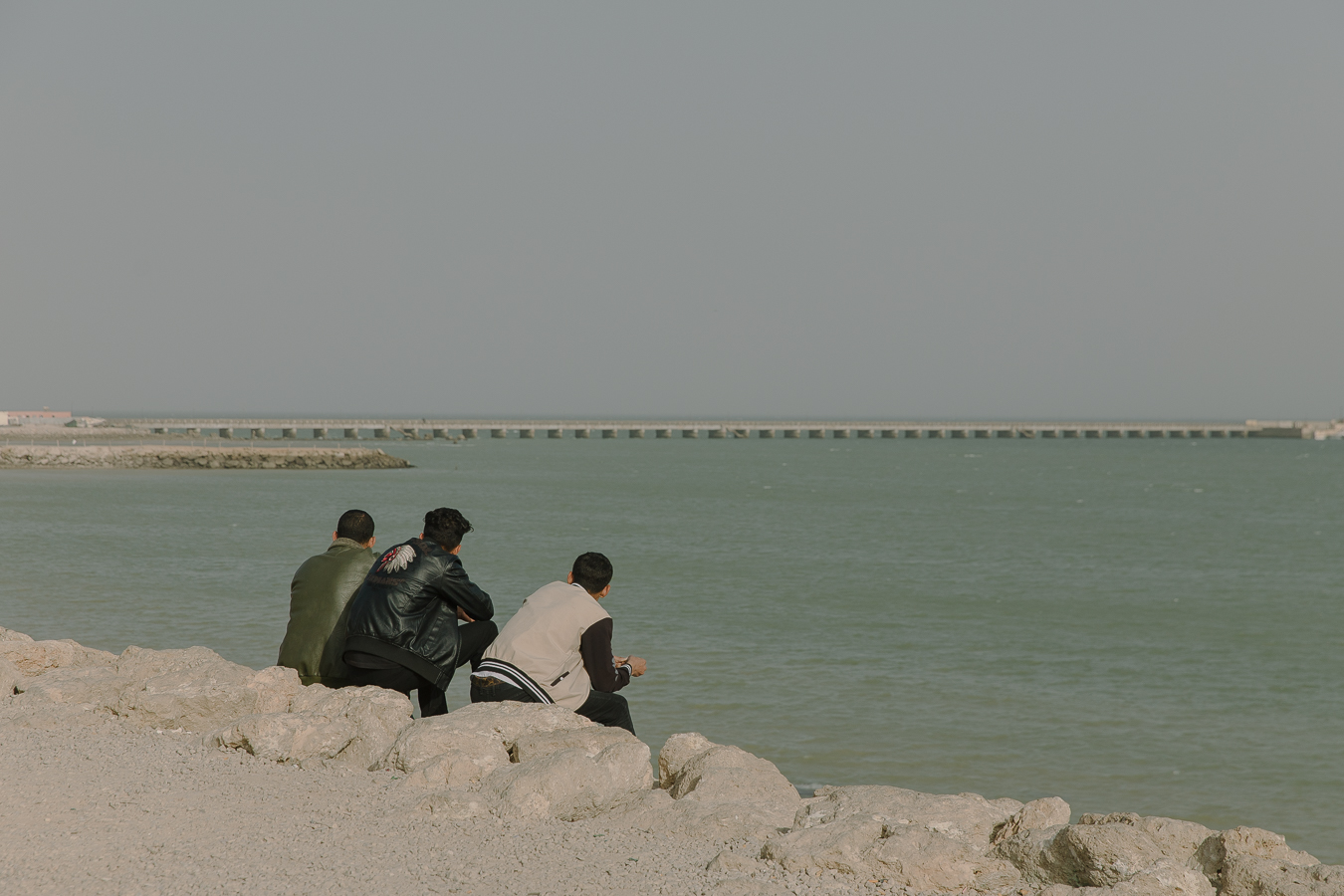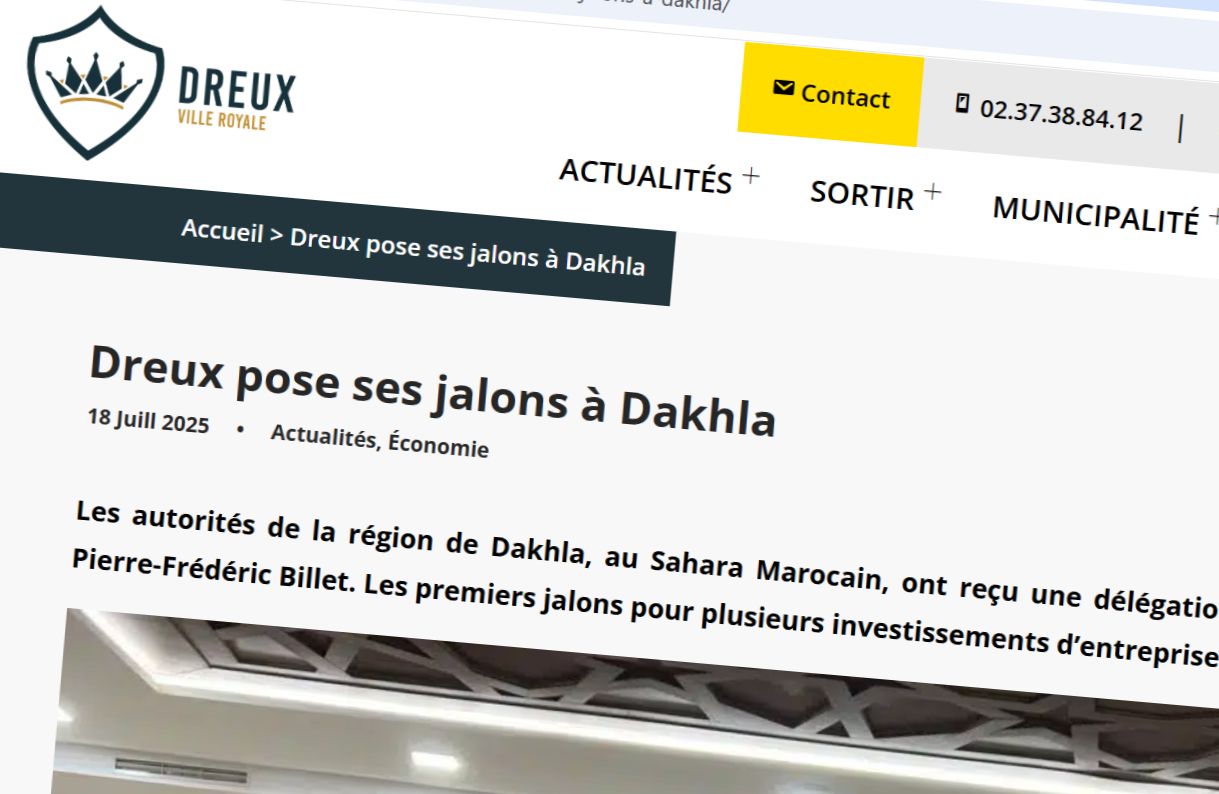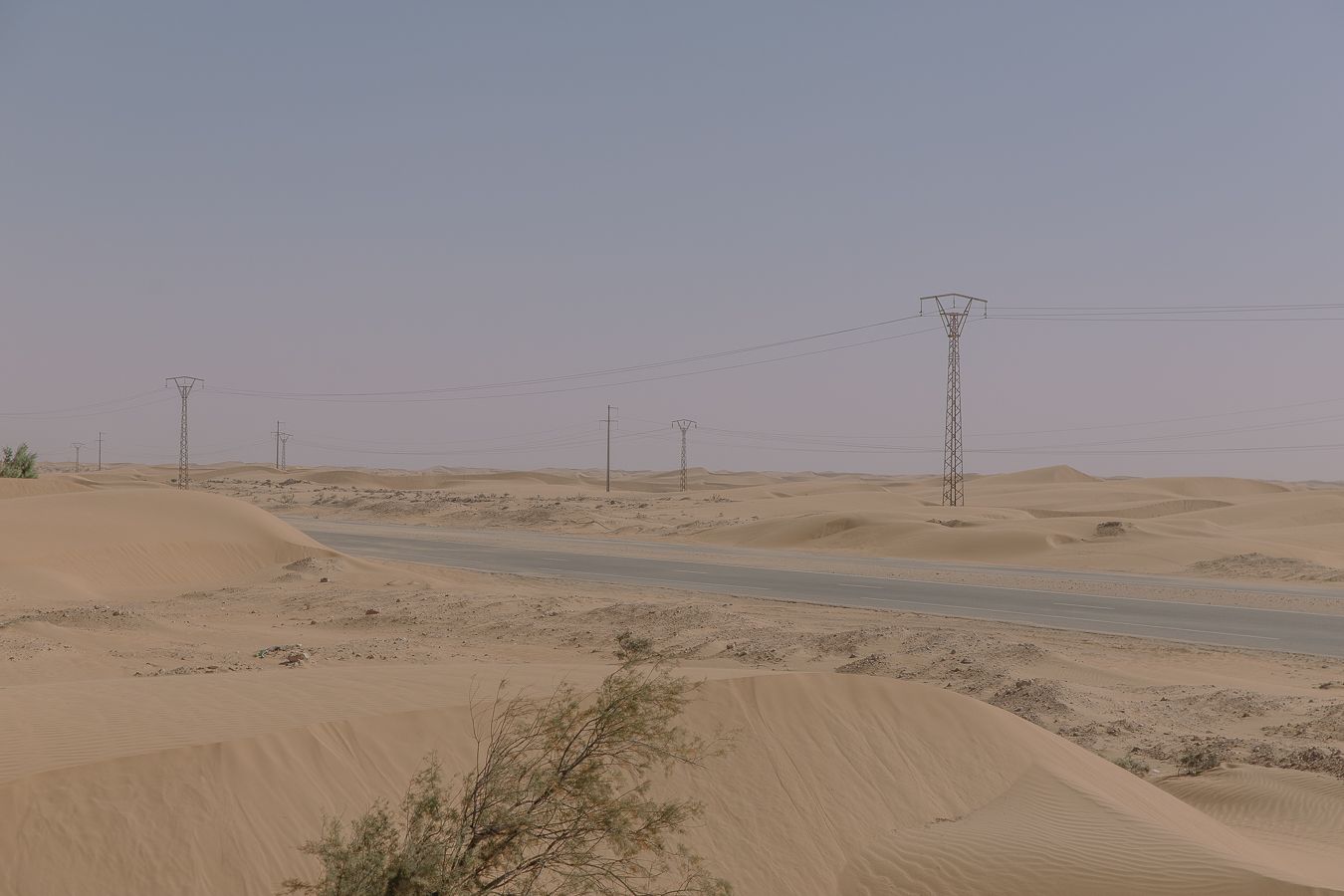
The Indian engineering giant Larsen & Toubro erects large energy infrastructure in occupied Western Sahara.
A new Indian company has taken foothold in supporting Morocco’s occupation of Western Sahara: Mumbai headquartered Larsen & Toubro.
The company won a tender which Morocco’s Office National de l'Electricité et de l'Eau Potable (ONEE) had called for to build substations and transmission lines in Dakhla, located in the occupied territories of Western Sahara.
The tender was divided into two lots: Lot 1 covering the construction of a 225/60 KV substation and two 225 KV transmission lines; and Lot 2 covering the construction of a 60/22 KV substation with two 60 KV overhead power transmission lines and 2 underground 60 KV transmission lines.

Larsen & Toubro issued a press release on 27 November 2017 saying it had successfully bid for Lot 1, and would move ahead to build “a 225/60kV Substation at Dakhla (Morocco) with associated 60kV overhead lines and underground cables.”
Dakhla is not located in Morocco, but in the neighbouring Western Sahara.
A publication dated 28 November 2019 in Reuters’ business intelligence service Zawya shows that L&T was in fact awarded Lot 2. Cegelec Maroc was the company awarded Lot 1.
WSRW has located a central part of the works to this location on Google Earth. The pictures below show the development of that location from December 2018 to most probably 2019. The same location was not developed in 2009-2014.
Another Indian company – Paradeep – is today by far the largest buyer of phosphate rock from occupied Western Sahara. Paradeep is partially owned by Moroccan state phosphate company OCP.
WSRW wrote Larsen & Toubro on 30 June 2020. The letter was not responded to.
Canary trade mission to legal minefield
A publicly organised mission will take Canary companies into occupied Western Sahara later this month.
French publicly-owned firm plans energy project in occupied Western Sahara
The French town of Dreux considers ignoring a ruling in the French courts and to engage with a controversial energy operation in occupied Western Sahara.
Morocco pushes enormous green hydrogen plans in occupied Western Sahara
The Moroccan government has confirmed several green hydrogen projects totalling 20 GW of renewables and up to 8 million tonnes of derivatives - many planned in occupied Western Sahara.
Morocco plans massive AI center in occupied Western Sahara
A 500 MW hyperscale data center for Artificial Intelligence is being envisaged in the occupied territory.



